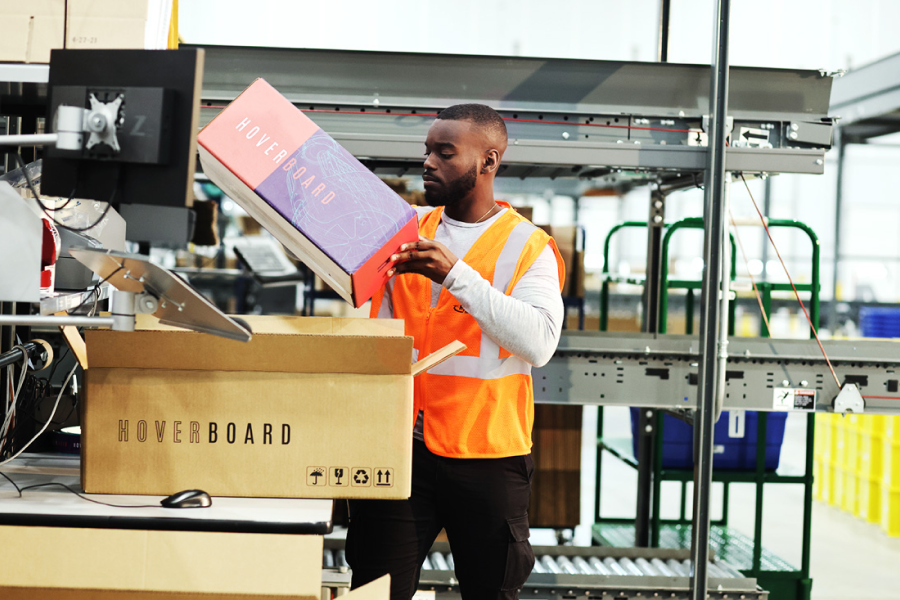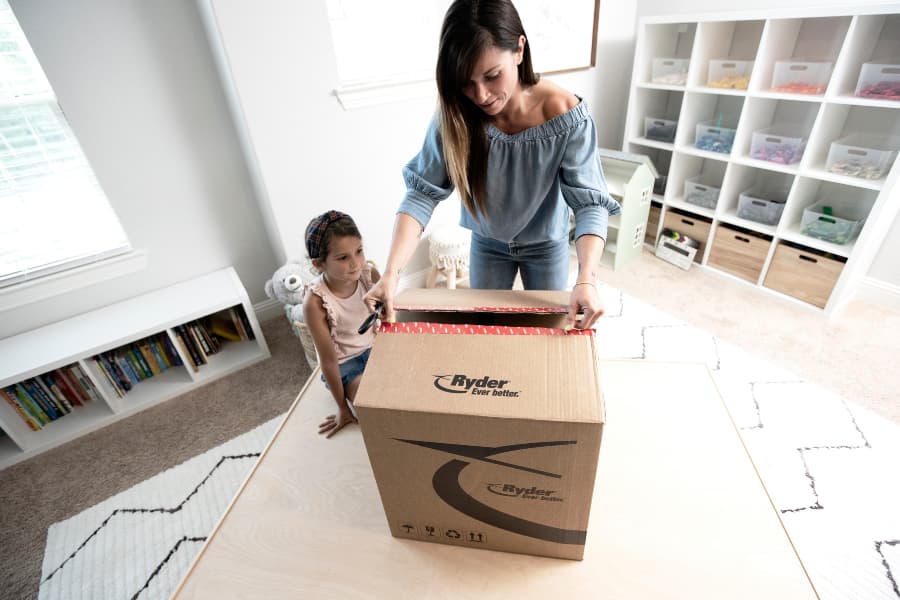Retail fulfillment and B2B (business-to-business) fulfillment are two distinct aspects of the supply chain, each serving different customer bases and objectives.
Retail fulfillment: primarily focuses on meeting the needs of individual consumers by fulfilling orders placed through various channels such as online platforms, phone orders, or in-store purchases. The process involves receiving customer orders, picking products from inventory, packaging them, and shipping them to the designated addresses. The goal of retail fulfillment is to ensure a smooth and satisfactory purchasing experience for individual consumers, emphasizing accuracy, timeliness, and customer satisfaction.
B2B fulfillment: caters to the needs of businesses and wholesale customers rather than individual consumers. In B2B fulfillment, orders are typically larger in volume and are placed by businesses or organizations for resale, distribution, or internal use. The process involves fulfilling bulk orders, often to be delivered to warehouses, distribution centers, or directly to business customers. B2B fulfillment may also involve additional services such as customized packaging, labeling, or special handling tailored to the specific needs of business clients.
While both retail fulfillment and B2B fulfillment involve similar logistics processes such as order processing, picking, packing, and shipping, they differ significantly in their target customer base, order volume, and operational requirements. Retail fulfillment focuses on meeting the needs of individual consumers with smaller, more frequent orders, whereas B2B fulfillment is geared towards meeting the requirements of businesses with larger, less frequent orders. Understanding these differences is crucial for retailers and businesses to tailor their fulfillment strategies effectively to meet the unique needs of their respective customer bases.











